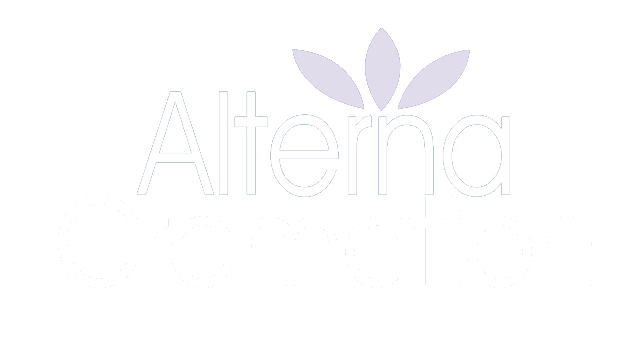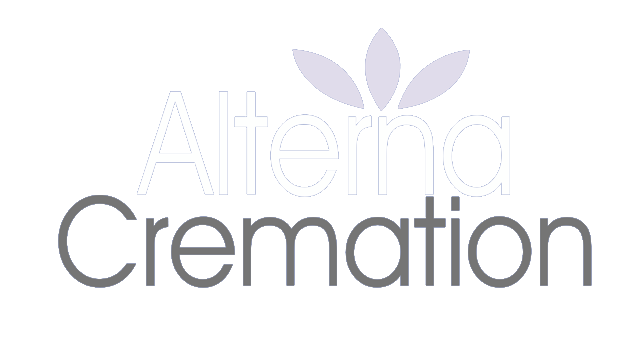It’s a question we all face at some point in our lives: Upon our death, what should be done with our body?
It’s a deeply personal decision. But what if you want to give back to future generations? Or support the healthcare system that helped preserve your quality of life?
In that case, you may consider donating your body to the Body Donation Program at the University of Manitoba. This program is part of the Department of Human Anatomy and Cell Science, which serves the Rady Faculty of Health Sciences.
Your donation will directly contribute to bettering the education of medical students at the University of Manitoba. It will help students apply what they’ve learned through first-hand experience and eventually become better healthcare providers.
Donating your body is a once-in-a-lifetime gift for the education of future generations. It’s a humanitarian decision—a unique learning opportunity that will shape a student’s professional development and a way to give back even after you pass away.
This is not the same as donating your body for medical research. If you have a rare disease or complicated medical history, you may be looking for a different type of body donation program.
Body donation is different from organ donation. Here’s why:
With organ donations, you donate organs and tissues for transplantation to another person. Someone who needs those vital organs will receive them upon your passing.
But with whole body donation, you choose to have your body sent to a health education centre, where it will be used for teaching purposes and anatomical study.
When you donate your body, it may remain at the university for up to 4 years. In that time, you can rest assured that your body will be treated with respect and dignity. When the studies are complete, your body will be cremated, and your ashes will be returned to your family in an urn.
The University of Manitoba’s Body Donation Program is currently accepting donors. Below, we’ll cover what you should know about this program if you want to donate your body:
Why Participate in the Body Donation Program?
By donating your body to education, you will give invaluable experience to students training at the Max Rady College of Medicine. It’s a way to further the next generation's education after you pass on.
Another reason to donate is that by making your arrangements in advance, you can relieve some stress from your loved ones. They won’t have to make a difficult decision after your passing—your plan will already be laid out for them. With your help, they’ll know what to do at the time of death and what will happen afterward.
If your donation is accepted, your cremation and interment costs will be covered by the University of Manitoba. However, this shouldn’t be a primary reason for choosing to donate the body. Limiting factors could make your donation ineligible upon your passing, so it’s important to make a backup plan in case.
The costs of transporting the body to the university will be covered by up to $75. If your death occurs outside Winnipeg, your executor will need to cover the additional costs. The charge is $1.50 per KM round trip (this amount is subject to change).
Who Is Eligible for Body Donation?
The University is grateful to every person that considers donating their body to the program. Anyone over 18 years old is potentially eligible to donate to the program. However, certain conditions or circumstances may make you ineligible for a donation.
Even if you’ve filled out the registration form, the University may not accept your donation upon passing. Limiting factors include:
- Your next of kin or executor disagrees with the donation.
- The death takes place during a university closure, holiday, or outside the 322 km radius of Winnipeg.
- The body has severe burns or tissue damage.
- The death was caused by major trauma or suicide.
- The body has deteriorated too much. If 8 hours have passed and the body is not refrigerated, it cannot be accepted. And if the body has been refrigerated but more than 72 hours have passed, it cannot be used as a donation.
- There is extensive cancer throughout the body.
- There have been numerous surgeries on the body.
- There are major amputations or deformities.
- Organs and tissues have been removed.
- The body has a contagious disease, such as AIDS/HIV, hepatitis (any type), sepsis, meningitis, tuberculosis, or shingles.
- There is an antibiotic-resistant infection, such as ESBL, VRE, or MRSA.
- The Body Mass Index exceeds the limit set by the department.
We can never anticipate the state of our bodies upon our death. Certain events may make your body ineligible for donation, and you and your family should be aware of these limiting factors in case alternate arrangements need to be made.
Where To Donate?
In Manitoba, you can donate your body to the University of Manitoba. First, you must sign the Body Donation Program Registration Form. Then, you can mail it to 130-745 Bannatyne Avenue in Winnipeg. Be sure to keep a copy for the executor of your will.
How To Become a Body Donor?
You’ve spent time considering your options, and you’ve decided to donate your body. Now, you’re ready to make the arrangements. We’re going to walk you through the next steps:
Discuss with your family
Once you decide you wish to donate your body, the next step is talking to your family about it. Specifically, you want to let the executor of your will know your intentions.
Ideally, you want your family to be on-board and cooperative with your decision. If they oppose it, your donation may not be accepted, even though you gave your consent.
Are you part of a religious group? You may want to discuss your decision with your community. This will help you plan your memorial service upon your death. It also helps set up your family’s expectations for what will happen when you pass.
You should communicate with your loved ones that when you sign up to be a body donor, your remains will potentially stay with the university for up to 4 years.
To make things easier for your loved ones, provide them with a copy of a form about Instructions to Next of Kin at the Time of Death. Donating a body is incredibly time-sensitive; the clearer direction you give, the better.
Record your decision
After you’ve made your choice and discussed your wishes with your loved ones, it’s time to put it in writing.
Make sure you don’t leave your registration form in a safety deposit box. You need to keep it somewhere it will be readily available upon your passing. Otherwise, it may not be discovered until after a burial or cremation takes place—at that point, it will be too late to make a donation.
You might think that because your Manitoba Driver’s Licence has a donor card, you’re already registered for body donation. But as we mentioned earlier, organ donation and body donation are two different things. The driver’s licence card is only for organ donations.
Make sure that along with writing your donation preference in your will, you communicate your wishes clearly to your family. Otherwise, they may unknowingly make other arrangements before reading your will, deeming you ineligible for a donation.
Fill out a form
If you decide to donate your body to the University of Manitoba, fill out a Body Donation Program Registration Form. After that, print out another copy to hand to the executor of your will for reference.
In Manitoba, the executor of your will can override your consent to be a body donor. Even if you’ve signed the form, your family’s wishes will take precedence after your passing.
That’s why it’s crucial to be on the same page with your next-of-kin about body donation: To ensure your wishes are respected.
Frequently Asked Questions
Interested in learning more about the body donation program in Manitoba? Find answers to your questions down below:
What questions will be asked after consenting to be a body donor?
You’ll be asked questions about your medical history to determine if any limiting factors could make your donation ineligible.
What happens if I want to change my donation choices after I register?
You are free to change your donation choice at any time. Your decision is never set in stone.
If you have a change of heart, the first thing you should do is notify the executor of your will and/or your next of kin. Let them know your plans have changed.
Then, send a letter to the University of Manitoba to inform them that you are revoking your registration for the body donation program.
What if I choose to donate, but my body isn’t suitable?
If your donation is not accepted, your family will be responsible for making alternate arrangements for your body.
Does the university hold a memorial service?
Yes. Each year, there is an interment service for all donors, which is held and paid for by the university. All donors are memorialized in a Book of Remembrance, where their names are written. There is a memorial monument for donors at Brookside Cemetery as well.
Can I donate my body to science and still be an organ and/or tissue donor?
The answer varies on a case-by-case basis.
If certain organs are removed for a transplant, your body will not be eligible for donation to the program. The one exception is if your eyes are donated.
But, if your body is deemed ineligible for an organ donation, it may still be possible to donate to the program. Again, this varies from person to person.
If a person is a donor, does that information stay confidential?
Yes. Your privacy will be respected. The only information that the students will be given is the donor’s age and sex.
In addition, any information that’s discovered during the study will not be revealed to your next of kin. And if your loved ones wish to learn more about the condition of your body, they can request an autopsy through your family doctor.
In Summary
By donating your body, you can further the education of medical students in Manitoba. Your donation will give students an invaluable first-hand experience they’ll take with them for the rest of their professional careers as doctors, nurses, and healthcare aids. It’s a tremendous gift that will be honoured and respected by staff and students.
If you’d like to talk about making arrangements for your passing, we’d be happy to help. At Alterna Cremation, we offer direct cremation services at an affordable price. We can help you with making arrangements, writing an obituary, and/or planning a scattering service. Reach out to us today.




